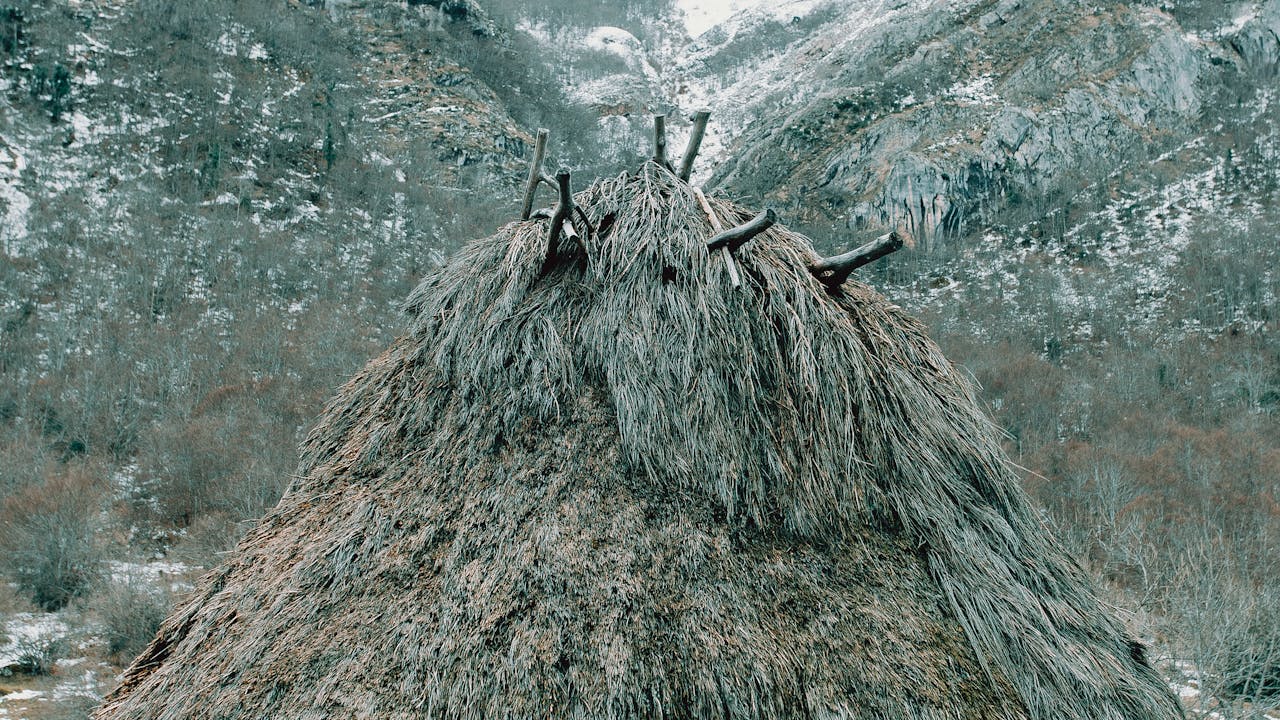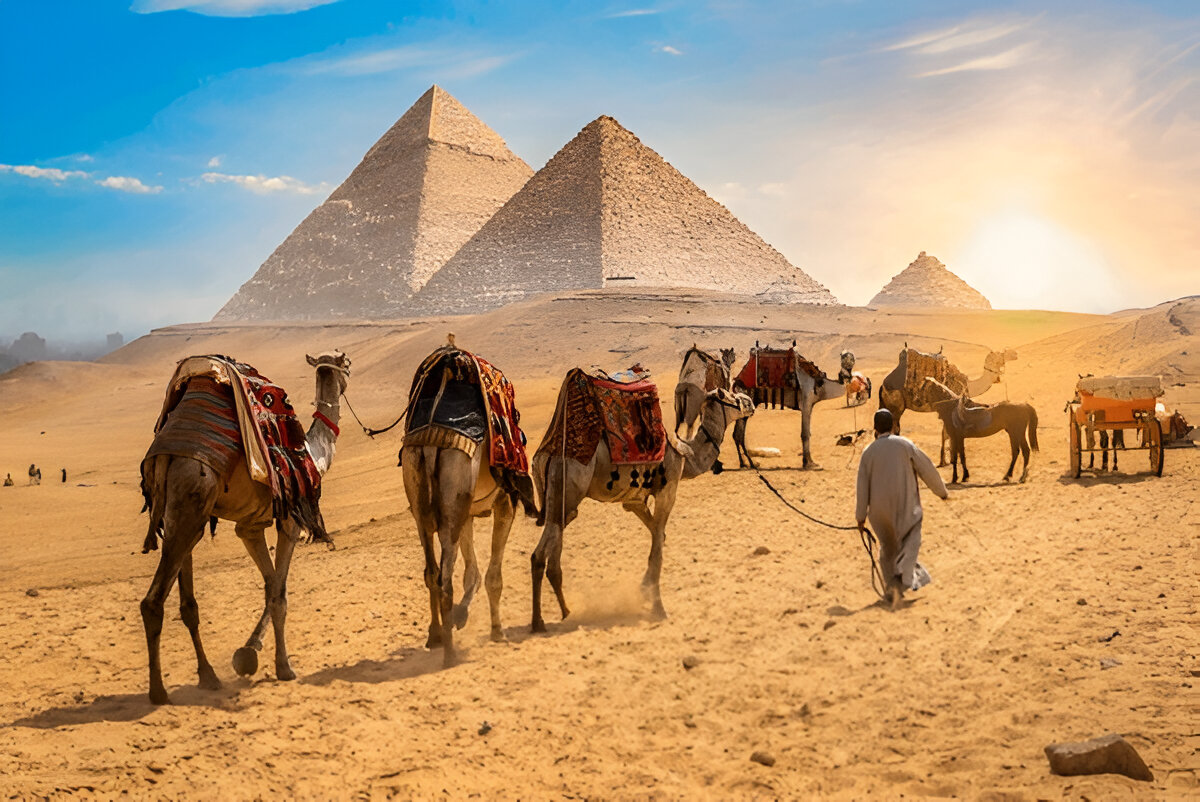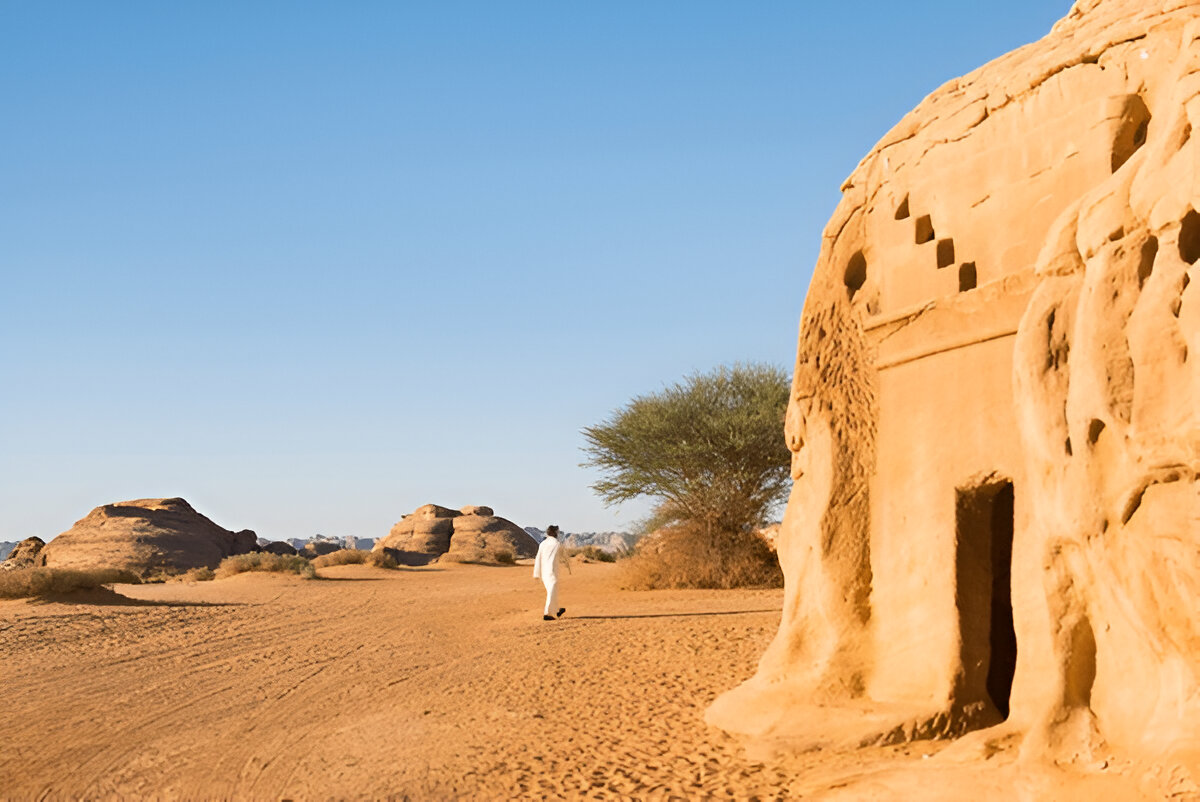Expeditionary anthropology offers a fascinating journey into the rich tapestry of human cultures and societies, spanning continents, centuries, and civilizations. From remote tribes in the Amazon rainforest to indigenous communities in the Arctic tundra, expeditionary anthropologists venture into the field to study, document, and preserve the diverse traditions, customs, and beliefs of humanity. In this exploration, we delve into the history, methods, and significance of expeditionary anthropology, shedding light on the invaluable insights it offers into the human experience.
A Glimpse into the Human Experience: The Fascination with Expeditionary Anthropology
Expeditionary anthropology has long captivated the imagination of scholars, adventurers, and explorers, drawn to the allure of studying and documenting the diversity of human cultures around the world. The desire to understand the customs, traditions, and worldviews of different societies has driven anthropologists to embark on expeditions to remote and often inaccessible regions, where they can immerse themselves in the daily lives and rituals of indigenous peoples. From the earliest anthropologists of the 19th century to the modern-day ethnographers equipped with state-of-the-art technology, the quest to explore the human experience continues to captivate and inspire.
Pioneering Ethnographers: The History of Expeditionary Anthropology
The history of expeditionary anthropology dates back to the early days of anthropology as a discipline, when pioneering ethnographers such as Franz Boas, Bronisław Malinowski, and Margaret Mead undertook expeditions to study indigenous cultures and societies around the world. These early anthropologists lived among the peoples they studied, learning their languages, customs, and social structures, and documenting their observations in detailed field notes and ethnographic accounts. Their groundbreaking research laid the foundation for the modern science of anthropology and helped to shape our understanding of human diversity and cultural evolution.
Methods and Techniques: Immersion in the Field
Expeditionary anthropology employs a variety of methods and techniques to study and document human cultures and societies in their natural environments. Ethnographic fieldwork, the hallmark of expeditionary anthropology, involves living among the people being studied, participating in their daily activities, and observing their rituals, ceremonies, and social interactions. Participant observation, interviews, and genealogical research are among the tools used by anthropologists to collect data and gain insights into the beliefs, values, and practices of different cultures. By immersing themselves in the field, anthropologists can develop a deep understanding of the societies they study and build rapport with the people they work with.
The Significance of Expeditionary Anthropology: Preserving Cultural Heritage
Expeditionary anthropology plays a crucial role in preserving and documenting the cultural heritage of indigenous peoples and marginalized communities around the world. By recording oral histories, documenting traditional knowledge, and creating archives of material culture, anthropologists can help to safeguard the cultural identity and autonomy of indigenous peoples in the face of globalization, urbanization, and cultural assimilation. This work is essential for promoting cultural diversity, preserving intangible heritage, and empowering communities to maintain and revitalize their cultural traditions for future generations.
Challenges and Opportunities: Navigating the Terrain Ahead
Despite its significance, expeditionary anthropology faces numerous challenges in the 21st century, including political instability, environmental degradation, and the ethical dilemmas of conducting research in culturally sensitive contexts. However, with these challenges come opportunities for innovation, collaboration, and advocacy. From the development of community-based research initiatives to the use of digital technology and multimedia storytelling to share the voices and perspectives of indigenous peoples, the future of expeditionary anthropology holds the promise of new discoveries and partnerships that will continue to enrich our understanding of the human experience.
Navigating the Diversity of Human Cultures
In the grand tapestry of human history, expeditionary anthropology stands as a testament to the resilience, creativity, and diversity of human cultures and societies. From the earliest ethnographers documenting the customs of indigenous peoples to the modern-day anthropologists studying the impacts of globalization and climate change on traditional lifeways, the quest to explore the human experience continues to captivate and inspire. As we continue to navigate the terrain of expeditionary anthropology, let us draw inspiration from the wisdom and resilience of the peoples we study, and let us work together to promote understanding, respect, and appreciation for the rich tapestry of human cultures that make up our world.




